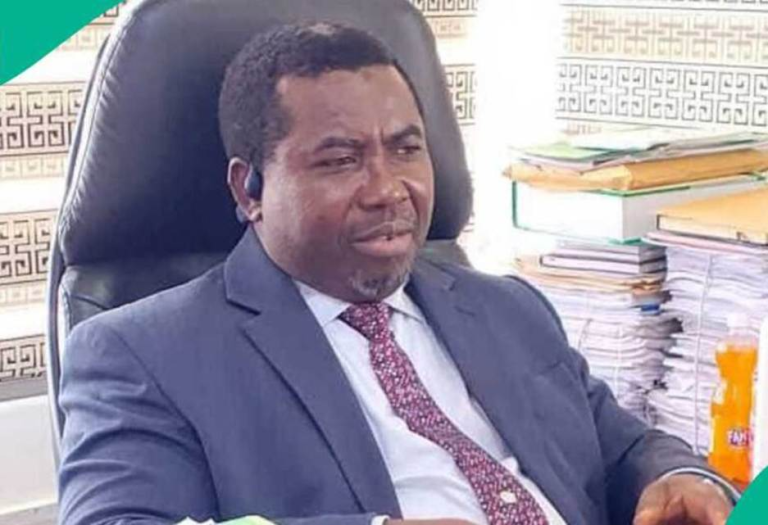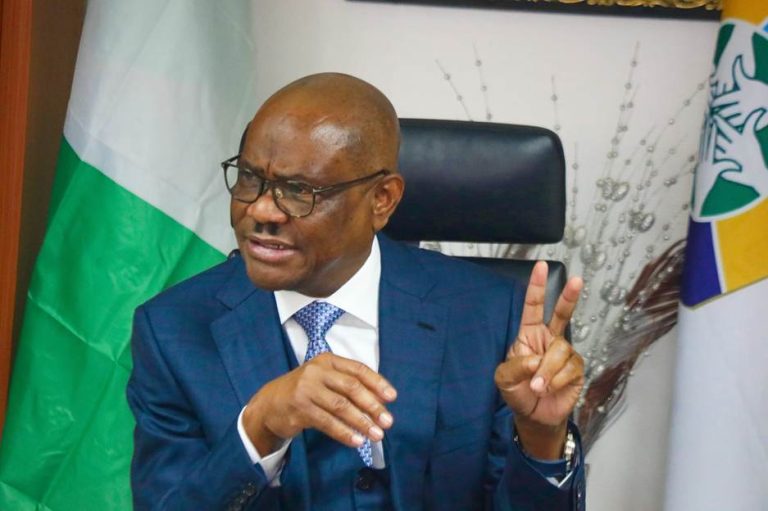
Governor Monday Okpebholo
The Association of Muslim Professionals (AMP) in Edo on Wednesday warned that returning schools to churches could deepen religious divisions among Edo people and damage the peaceful coexistence among different faiths in the state.
Praying Governor Monday Okpebholo to reverse his decision, the body cautioned that the action might create avoidable religious tensions and potential security challenges that could be difficult to contain or reverse once they were set in motion.
newsmata.com.ng recalls that Governor Okpebholo had on Monday June 16, 2025, announced the decision following a meeting between him and the Bishop of the Catholic Diocese of Auchi, Gabriel G. Dunia, at Government House, Benin City, the state capital.
The governor said a committee would be set up to identify the specific schools that would be handed over.
But kicking against the decision in a statement by its chairman, Alhaji Madu Mammadi, the AMP urged the governor to reconsider the decision in the public interest, arguing that “transferring ownership of public schools to churches could endanger about 40 per cent of the state’s Muslim population”, as well as intensify religious tensions in Edo, “something that no one may be able to fully control if the consequences spiral out of hand.”
Mammadi said, “We write on behalf of our members to appreciate your good work since assuming office as Governor of Edo State on November 12 last year.
“We have been firmly behind your programmes and policies so far, especially in mobilising support from the Muslim community for the implementation of your SHINE Agenda.
“We proudly say a new Edo has risen through your leadership”.
Mammadi contended that “Although Christian missionaries initiated some of these schools, others originated from Muslim initiatives, such as the Muslim secondary school previously located near the Central Park.
According to the body, “It is also important to note that these lands were donated by local communities, many of whom are predominantly Muslim and supported public education development for all.
“Additionally, most original church structures have been replaced with buildings funded by taxpayers, both Christians and Muslims further underscoring the shared ownership of these educational institutions”.
Mammadi further argued that the policy would make quality education less accessible to children in Edo, especially those from Muslim backgrounds who may feel excluded or marginalised.
While therefore appealing to Governor Okpebholo to reconsider this policy decision, the AMP said they were open to participating in stakeholder engagements or public hearings if necessary.

